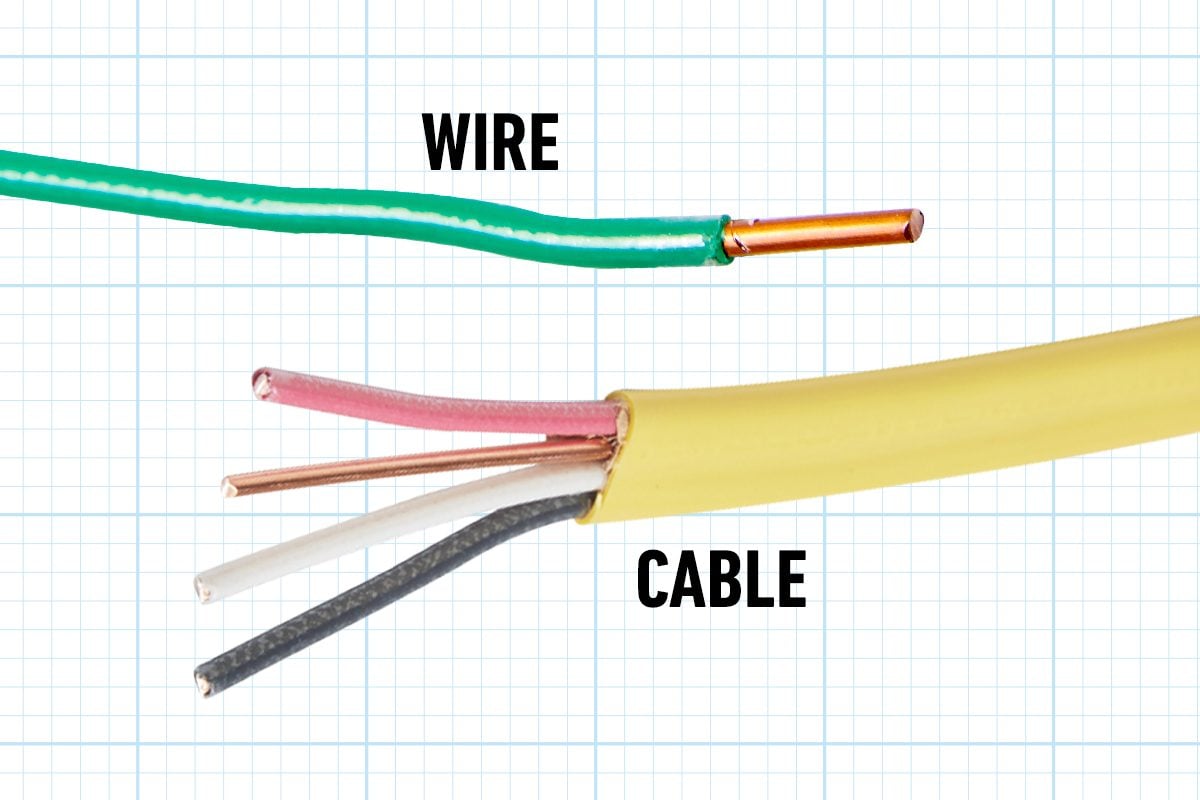In recent years, the automotive industry has witnessed a significant shift towards more sustainable transportation options. Two prominent contenders in this arena are electric cars and hybrid vehicles. Both aim to reduce carbon emissions and dependence on fossil fuels, but which one is truly superior? This forum post will delve into the intricacies of electric cars and hybrids, exploring their advantages, limitations, and their potential impact on the future of transportation.
- Environmental Impact:
Electric Cars:
Electric cars, powered solely by electricity, produce zero tailpipe emissions, making them an excellent choice for reducing air pollution and combating climate change. They rely on rechargeable batteries, which can be charged using renewable energy sources, further enhancing their eco-friendliness.
Hybrid Vehicles:
Hybrids combine an internal combustion engine with an electric motor, resulting in reduced fuel consumption and lower emissions compared to traditional gasoline-powered vehicles. While they still emit some pollutants, hybrids offer a significant improvement in environmental performance compared to conventional cars.
- Energy Efficiency:
Electric Cars:
Electric vehicles (EVs) are highly energy-efficient, converting around 77-81% of the electrical energy from the grid to power at the wheels. This efficiency surpasses that of internal combustion engines, which typically convert only 12-30% of the energy stored in gasoline to power.
Hybrid Vehicles:
Hybrids employ regenerative braking and engine shut-off technologies to improve fuel efficiency. By capturing and storing energy that would otherwise be wasted during braking, hybrids can reuse it to power the vehicle, resulting in better overall energy efficiency.
- Range and Charging Infrastructure:
Electric Cars:
One of the primary concerns with electric cars is their limited range and the availability of charging infrastructure. However, advancements in battery technology have significantly improved electric vehicle range, with some models now capable of traveling over 300 miles on a single charge. Additionally, the charging infrastructure is rapidly expanding, with an increasing number of public charging stations and home charging options becoming more accessible.
Hybrid Vehicles:
Hybrids, on the other hand, offer a longer range compared to electric cars, as they can rely on their internal combustion engine when the electric battery is depleted. This eliminates the need for frequent charging and provides a sense of convenience, especially for long-distance travel.
- Cost Considerations:
Electric Cars:
Electric vehicles tend to have higher upfront costs due to the expensive battery technology. However, they offer lower operating costs, as electricity is generally cheaper than gasoline. Additionally, governments and incentives are increasingly promoting the adoption of electric cars, providing financial benefits to potential buyers.
Hybrid Vehicles:
Hybrids are typically more affordable than fully electric cars, making them a more accessible option for many consumers. Moreover, the lower fuel consumption of hybrids can result in long-term cost savings, especially for those who frequently drive in urban areas with heavy traffic.
Conclusion:
In the ongoing debate of electric cars versus hybrids, both options have their merits. Electric cars excel in terms of zero emissions, energy efficiency, and the potential for a greener future. On the other hand, hybrids offer a longer range and greater convenience, particularly for those concerned about charging infrastructure. Ultimately, the choice between an electric car and a hybrid depends on individual needs, driving patterns, and environmental priorities. As technology continues to advance, it is likely that both electric cars and hybrids will play significant roles in shaping the future of sustainable transportation.

